By Nic Hammarling
Head of DiversityPearn Kandola
THE beginning of April was meant to mark a big week for diversity. Specifically, gender diversity, because Monday (4) was the third annual deadline for organisations with more than 250 employees to report their respective gender pay gaps.
As in previous years, there would have been a frantic rush for many to submit their reports in time. A fair few would even have been late. There would have been a torrent of national media coverage, politicians and business leaders would have renewed promises to balance the scales of gender inequality, and during the week, we would have picked apart the data to see what progress had really been made.
None of that has happened, though. In a joint statement in March, the minister for Women & Equalities and the EHRC (Equality and Human Rights Commission) chair said that in light of the pressure that Covid-19 is putting on businesses, “it is only right to suspend enforcement of gender pay gap reporting this year.”
While it’s right that we are sympathetic to the vast number of organisations currently facing unprecedented challenges, I can’t help but worry about the message this decision sends. Namely, that diversity is not business critical in the modern workplace. Rather, it’s a ‘nice to have’.
I’m also sure that it won’t end here. Allowing organisations to take their foot off the gas in this way will be the first of many backward steps for diversity.
It’s always been the way that, in times of crisis or pressure, diversity suffers. During the financial crash of 2008- 09, for example, women and BAME workers were, by far, the worst affected. I have no doubt that Covid-19 will tell a similar story. Already, a new piece of analysis by the Institute for Fiscal Studies has reported that women are about one-third more likely than men to work in a sector that has been shut down.
We can even map this regression. If it’s anything like that which we’ve seen in previous crises, it will unfold in three distinct stages.
Those on part-time or zero-hours contracts will be the first to take a hit. Many of the industries in which these kinds of contracts are common, such as hospitality, tourism and services, are facing significant difficulty in the current climate. The inevitable impact that this will have on diversity hinges on the fact that people from BAME backgrounds are over-represented in the zero-hours workforce.
Second, regrettably, there will inevitably be redundancies. The government has unveiled a generous support package, but furloughing staff is not a long-term strategy. And that means leaders will have to make critical decisions about who stays and who goes, but when these decisions are made hastily, bias seeps into the process. We know from many previous cases that women and people from BAME backgrounds are disproportionately affected by redundancy processes.
Finally, when coronavirus is behind us, research suggests that we are likely to see an increase in minority leaders experiencing pressure to take on riskier, less stable opportunities. Many will have seen the impact on other minority workers and may see these more tumultuous positions as their only opportunities to progress.
The critical question, of course, is whether we can stop any of this from happening. Is it possible to protect diversity, instead of letting it fall by the wayside like in previous crises?
The actions of senior leaders are key to this. We need them to consider what they are prioritising right now. The areas of focus during tumultuous times tell everyone – employees and external parties alike – what is really important to an organisation. If we don’t prioritise diversity and inclusion now, then people will see it for exactly what it is – lip service.
In times of survival, we look for reassurance and familiarity. As a result, many will place the most trust in those who they can see – and therefore feel – are visibly like them, rather than opting for what are perceived as ‘riskier’ options. This kind of bias means minorities are less likely to be seen as important or reliable team members. But it’s by embracing other opinions that we are often able to come up with the most innovative solutions to problems. This, in itself, is why diversity is of such value to businesses.
For those who are willing to recognise it as such, this moment is a real opportunity for leaders to make a sincere commitment to diversity. Now is not the time to put it on hold, now is the time for them to embrace it, to champion it and to make conscious decisions about the kinds of organisations that they want to represent.





 Priya Malik
Priya Malik Kaavish
Kaavish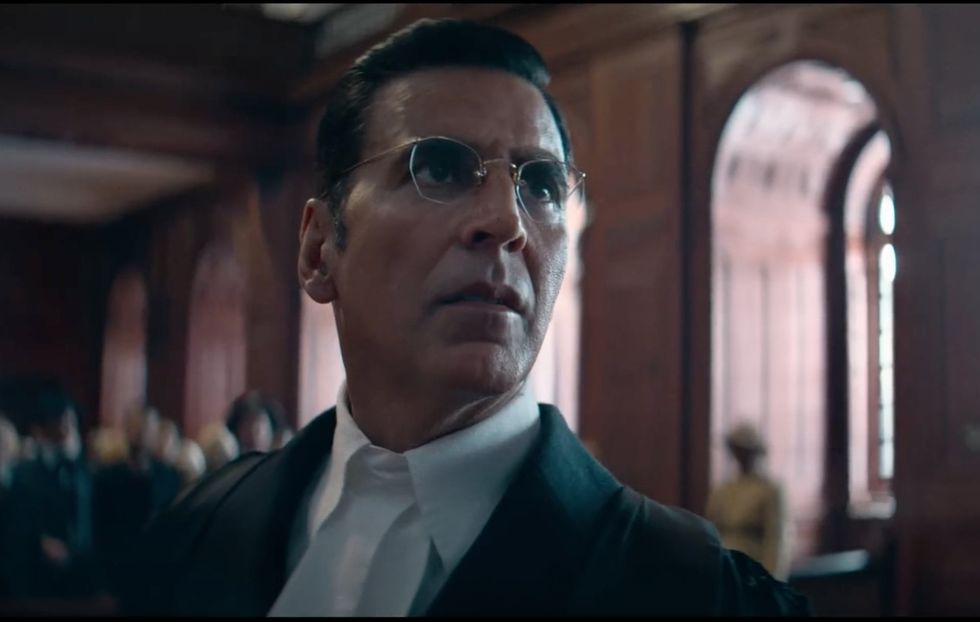 Kesari: Chapter 2
Kesari: Chapter 2 Laapataa Ladies
Laapataa Ladies Rizwan Muazzam
Rizwan Muazzam Manasi Ghosh
Manasi Ghosh Kavya Limaye
Kavya Limaye L2: Empuraan
L2: Empuraan Rahat Fateh Ali Khan
Rahat Fateh Ali Khan









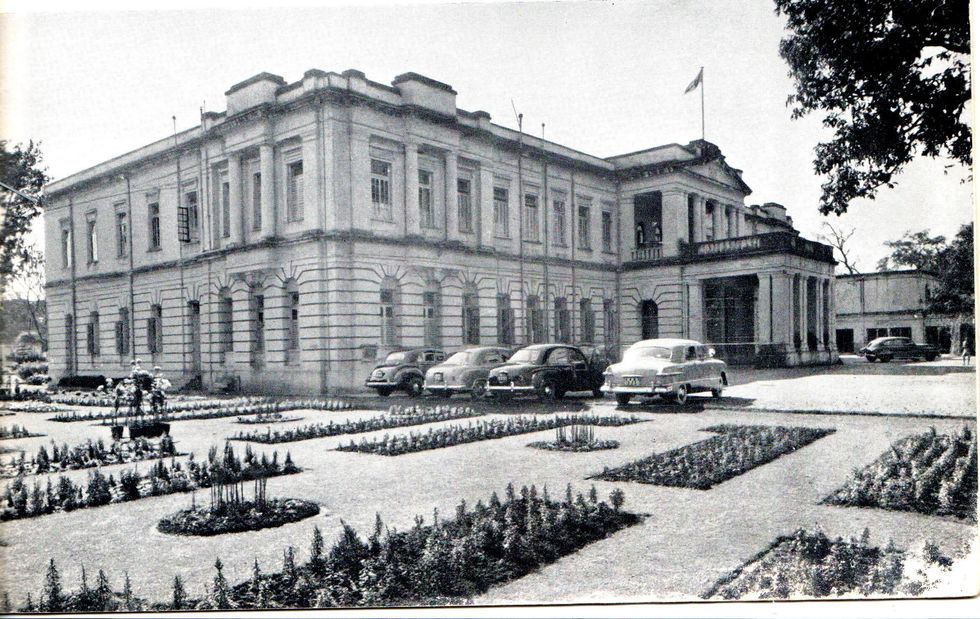 The Calcutta Club
The Calcutta Club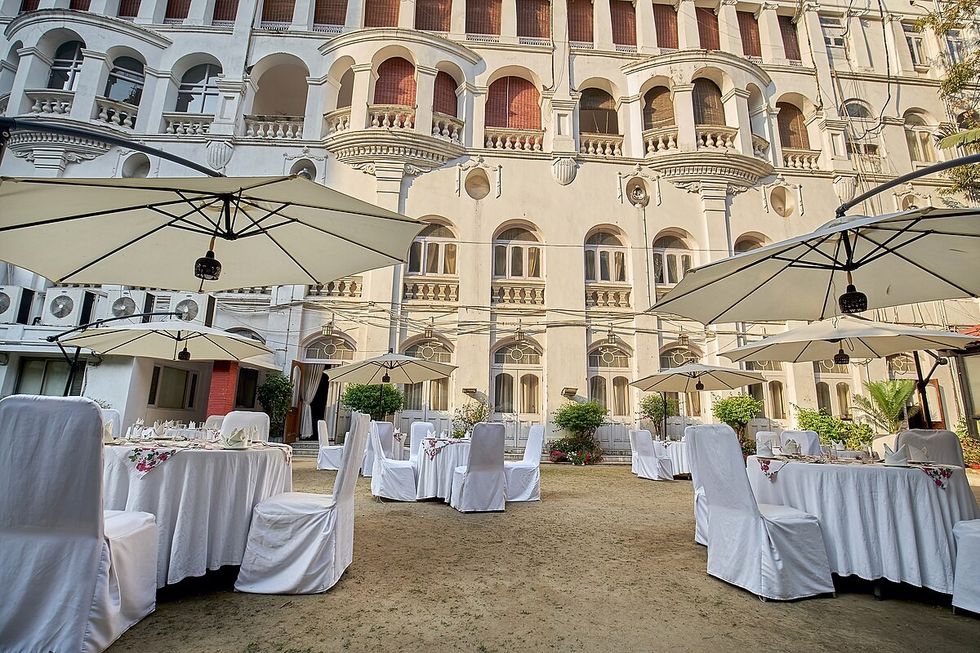 The Bengal Club lawns
The Bengal Club lawns


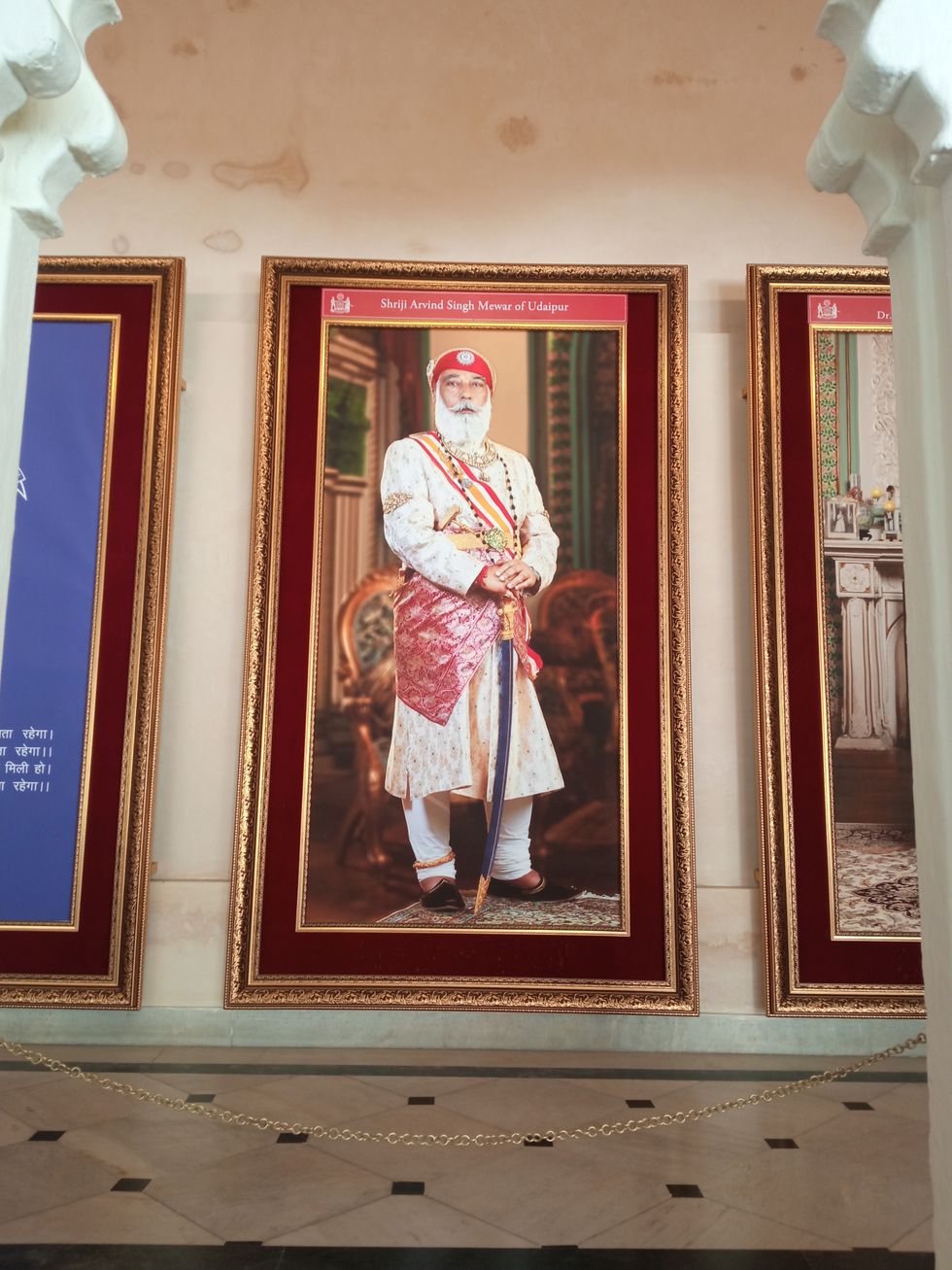 His portrait in the City Palace
His portrait in the City Palace
 Pakistani artist Moazzam Ali Khan caught the attention of Bollywood legend Javed Akhtar with his soulful YouTube cover of Yeh Nain Deray Deray
Pakistani artist Moazzam Ali Khan caught the attention of Bollywood legend Javed Akhtar with his soulful YouTube cover of Yeh Nain Deray Deray John Abraham to headline action thriller Tehran
Getty Images for DIFF
John Abraham to headline action thriller Tehran
Getty Images for DIFF
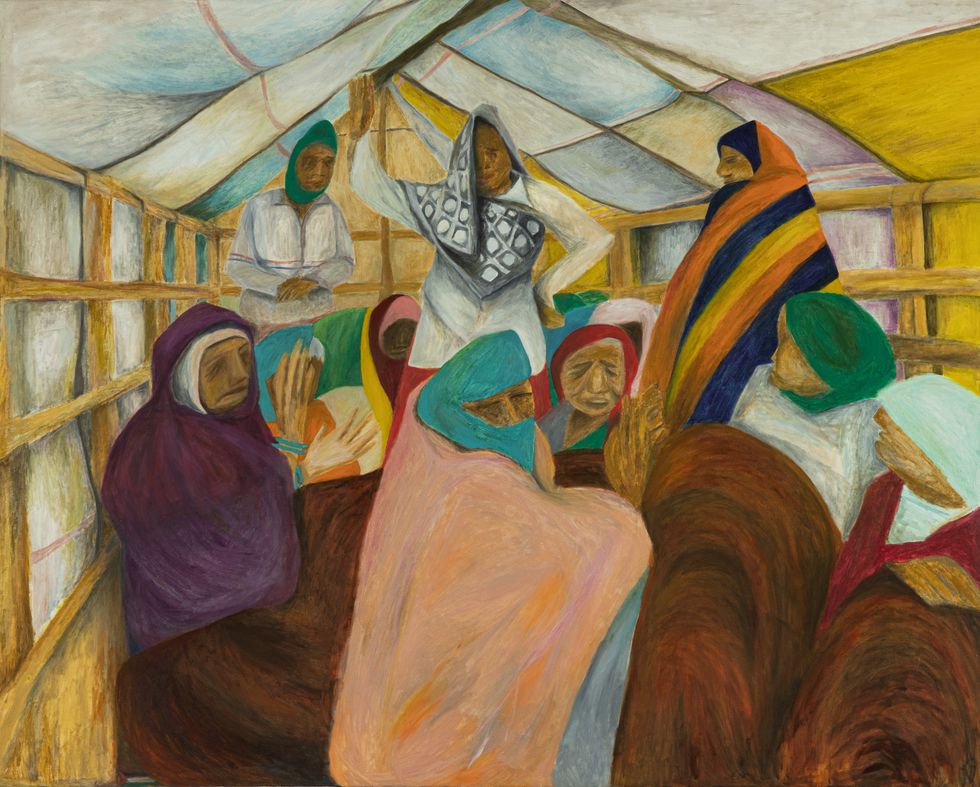 Tikri Border, Haryana-Delhi by Aban Raza
Tikri Border, Haryana-Delhi by Aban Raza Harmz Matharu
Harmz Matharu Abhishek Bachchan in Be Happy
Abhishek Bachchan in Be Happy Devika's soulful vocals shine in her new Punjabi ballad Wisteria
Devika's soulful vocals shine in her new Punjabi ballad Wisteria Indian Idol star Nitin Kumar promises a soulful mix of qawwali, Sufi, and folk music at his upcoming UK performance
Indian Idol star Nitin Kumar promises a soulful mix of qawwali, Sufi, and folk music at his upcoming UK performance Kunal Kamra during his show
Wikipedia
Kunal Kamra during his show
Wikipedia
 Swiss-Indian singer BombayMami is making waves with her bold style and sound
Swiss-Indian singer BombayMami is making waves with her bold style and sound Hania Aamir receives a questionable honour in London
Hania Aamir receives a questionable honour in London